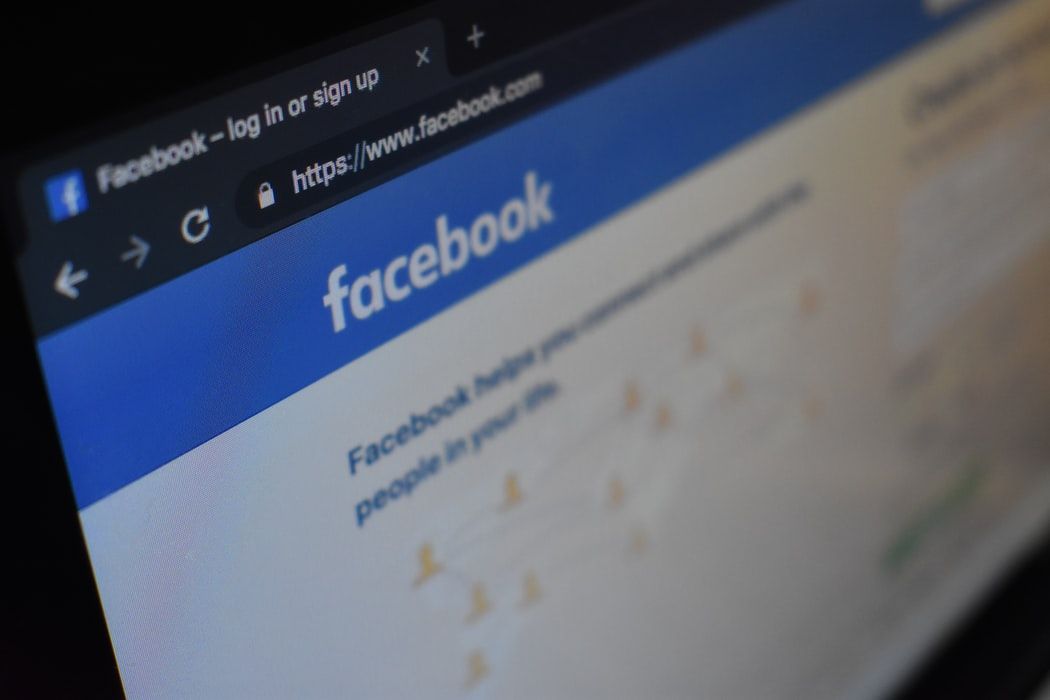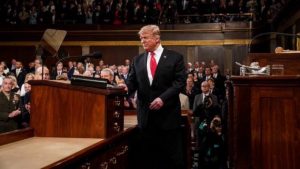Social media giant Facebook on Wednesday said that it will not run advertisements related to political and social causes a day after the US polls close on November 3, AFP reported. This is being done to avoid chances of confusion or abuse.
The company also said that any posts declaring a winner or contesting the count beforehand will be labelled with reliable information from news outlets and election officials.
“If a candidate or party declares premature victory before a race is called by major media outlets, we will add more specific information in the notifications that counting is still in progress and no winner has been determined,” vice president of integrity Guy Rosen was quoted by AFP, as saying.
Social networking companies including Facebook have been following stringent rules as post-election scenarios near. The California-based internet giant has been under pressure to avoid being used to spread misinformation and inflame social division, as was the case during the presidential election in 2016.
Policies against voter intimidation instituted by Facebook four years ago have been consistently expanded to account for new trends and tactics to intimidate or prevent voting, according to vice president of content policy Monika Bickert.
“As we head into the last days of this election, we know we will see spikes in efforts to intimidate voters,” Bickert said at a press briefing.
Wednesday’s tightening of rules included barring posts that reference weapons or armies in encouraging people to monitor polling places on election day, according to Bickert.
“We will remove statements of intent or advocacy to go to an election site with military language,” Bickert said.
“We will also remove calls to go to polls to monitor if it involves exerting control or showing power.”
Facebook has already banned posts directly urging people to go to polling places with weapons or to stop people from voting.
FaceMore than 120,000 pieces of content at Facebook and Instagram in the US have been removed for violating policies against voter interference, Rosen said.
He added that warning labels were placed on more than 150 million pieces of content viewed at Facebook in the US and debunked by third-party fact-checkers.
Meanwhile, more than 39 million people have been directed to a voting information center set up at Facebook this year, and an estimated 2.5 million people helped with registering to vote, according to the social network.
An election operations center set up at Facebook’s headquarters in Silicon Valley went virtual at the onset of the Covid-19 pandemic and will continue to run through the election.
Facebook has also devised a system to flag posts that may “go viral,” no matter the topic, so it can check in real time whether they are related to voting or the election, Rosen said.





